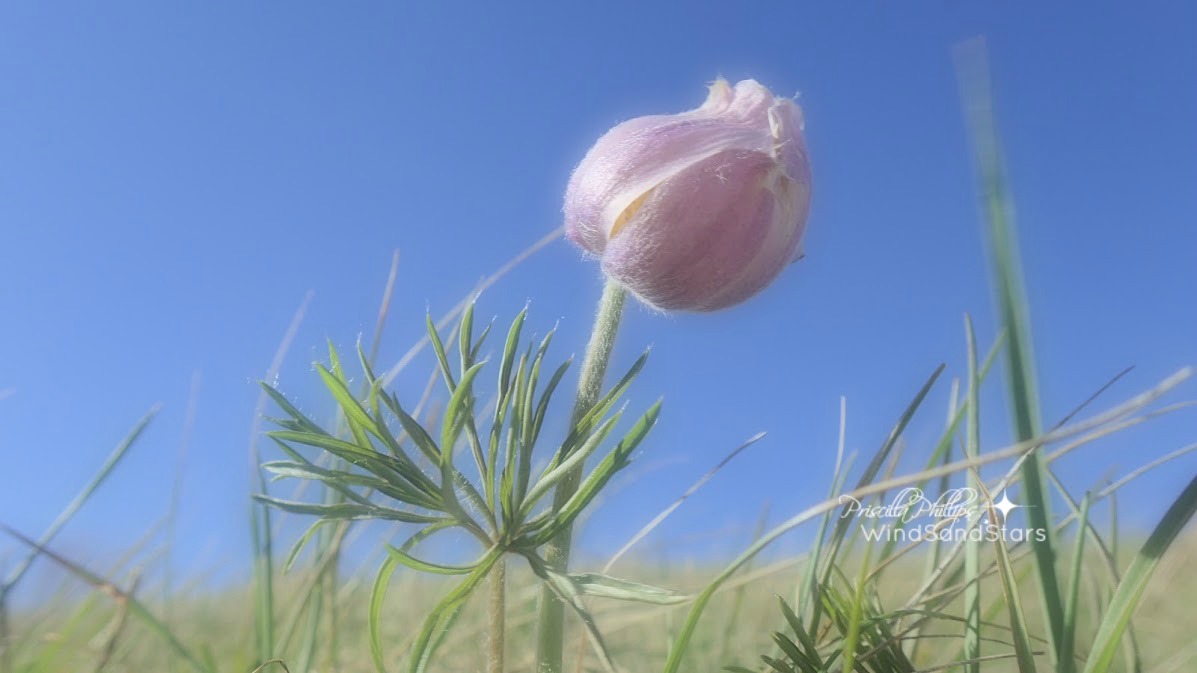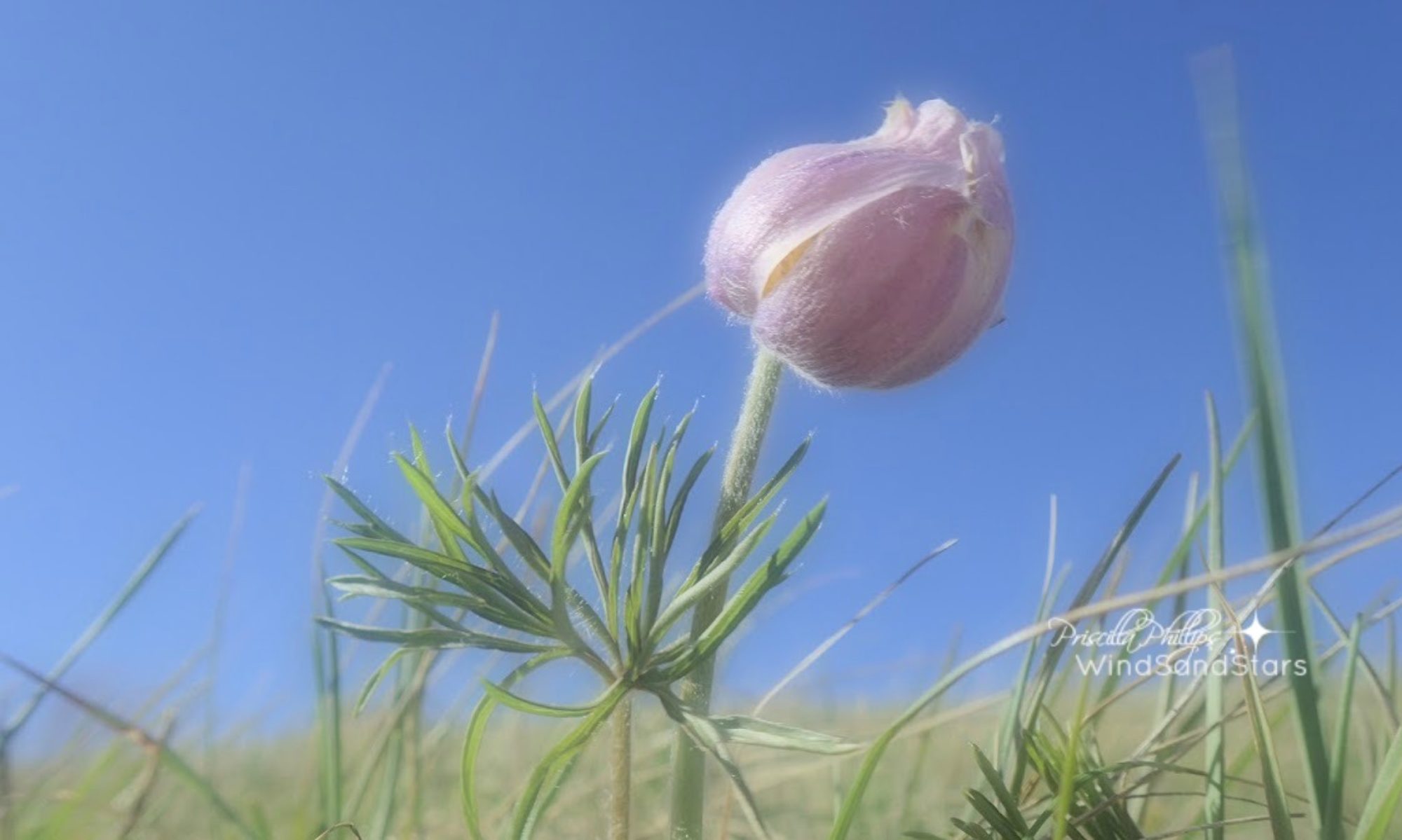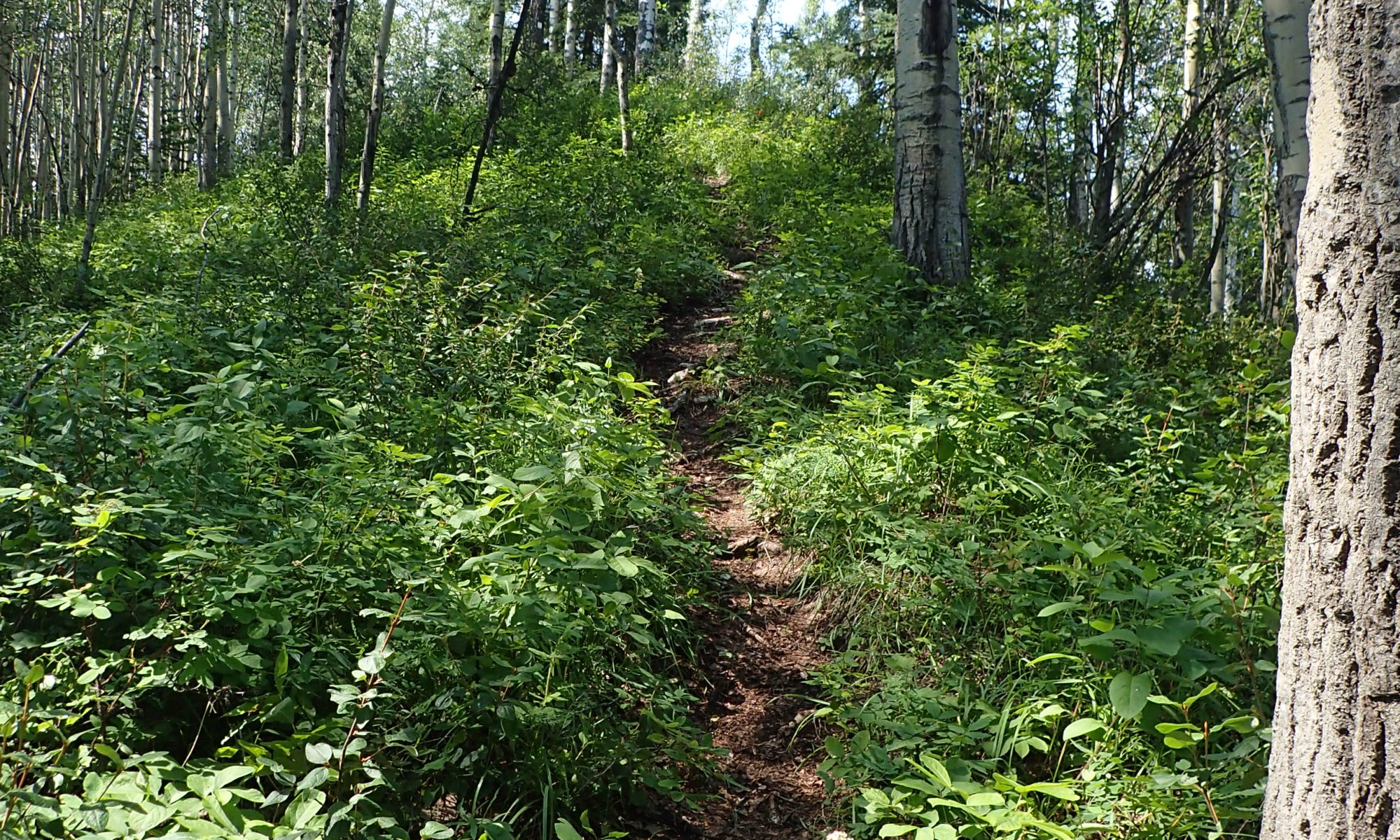A Trail of Thoughts – Starting 2022, I’ve renamed my blog posts, ‘Notebook’. These writings are taken from my daily journal and are inspired by things I’ve read, the happenings in our beautiful world, and my own experiences. They are my response of joy, wonder, questions, exploration, and reflection. I welcome your thoughtful contributions.
Do you keep a journal? My journals trail across a myriad of platforms. I scratch thoughts and ideas onto notepads or enter them into apps like Trello and OneNote. I don’t know why I use more than one method. It isn’t efficient, and I hoard it all, thinking that one day, I will use it. Below is my reflection about writing as I tried to envision the process through the prism of nature. And at the end of the post, I share a writing tip that is helpful to me.
Writers trail over hills and across meadows looking for what’s lost.
Following the thread of an elusive thought buried deep, a long forgotten memory of another time, another place, you abandon the road rutted from overuse. This willingness to leave the road well-traveled enables you to see things otherwise hidden. Just around the corner a small game trail veers to the left. It is hidden by brambles and small aspen. You have to duck low to push through the brush, but you struggle through it, and are undeterred by the young saplings that slap you, leaving a trail of red welts across your skin.
These welts are a telltale sign that you are on a trail not often traveled.
This trail winds down a ravine where the heavy canopy filters all but the strongest streams of light. As the forest grows darker and the trees taller, the path, imperceptible from above, pulls you forward. Deep in the heart of the woods you discover treasures. Nuggets of truth and wonder. Follow on.
Drink in the freedom of exploration.
Just ahead a bobcat crouches on the trail. Still, except its twitching ears as it stares intently into the bush. You watch transfixed by the unfolding drama. Eyes unwavering, the bobcat crouches low, wriggling its hind end, preparing to spring. Peering into the bush, you wonder what it’s hunting. Then a rabbit partially the color of winter, emerges from the brush, unaware it’s in the eyes of danger. Nibbling here, nibbling there, it bounces forward. The bobcat, confused by its lack of fear, its lack of awareness, settles back onto its haunches and watches. Three pairs of eyes, each focusing on a different world. Each with a different story to tell.
Advice From The Experts
1. Blaze your own path
Do not go where the path may lead, go instead where there is no path and leave a trail.
Ralph Waldo Emerson
2. Don’t be constrained by space and time
Writing is perhaps the greatest of human inventions, binding together people, citizens of distant epochs, who never knew one another. Books break the shackles of time–proof that humans can work magic.”
― Carl Sagan
3. Follow your trail doggedly
“Get it down. Take chances. It may be bad, but it’s the only way you can do anything really good.”
—William Faulkner
4. Tell the story that’s burning within
Don’t try to figure out what other people want to hear from you; figure out what you have to say. It’s the one and only thing you have to offer.
– Barbara Kingsolver
5. Give life to the truths you discover
Only in men’s imagination does every truth find an effective and undeniable existence. Imagination, not invention, is the supreme master of art as of life.
– Joseph Conrad
6. Hunt for the story
Everybody walks past a thousand story ideas every day. The good writers are the ones who see five or six of them. Most people don’t see any.
– Orson Scott Card
A Trail Into The Deep Dark Woods
If you’re frustrated with the lack of progress you’re making in your writing, try sprints. I started writing sprints last summer and by the time I began my novel in November, I’d learned how to get the monkey off my shoulder. You know the one that makes you stop at every spelling mistake, or misapplied word, or punctuation error, or tells you that your writing is bad so you should quit already. I’ve found a routine that works well for me and the brain loves routine.
The Sprint
- Choose a music playlist. I use “Intense Studying” on Spotify, which is free to everyone during the COVID crisis. I find it’s more effective for me to listen with headphones.
- Set a timer for 5 minutes.
- Start writing without editing or thinking about what you’re writing. You can write longhand or on the computer. I started out longhand, but found I had a higher word count on the computer and my hand didn’t get cramped. I don’t look at the screen as I work in order to train myself to not judge my writing until the editing process.
- Count your words at the end of each session so you can track your progress. Try it at different times of the day as well because it’ll help you find your most productive time.
- Increase your time as your word count increases. I write in 30 minutes sprints now. It’s not so overwhelming knowing I only have to focus for 30 minutes. Then I take a short break and do another. I usually do two in the morning and one around 4, which is my sweet spot for writing, but it’s also the hardest time to discipline myself to write, especially if I’ve had a busy day so I get two sessions out of the way early in the day.
The clearest way into the Universe is through a forest wilderness.
John Muir
Explore the world unfettered by the way things are, or should be. Explore the trail less taken.

Yes! I want to receive your newsletter.
Simply . . .
P.S. What helps you focus on your art? How do you visualize the creative process?





